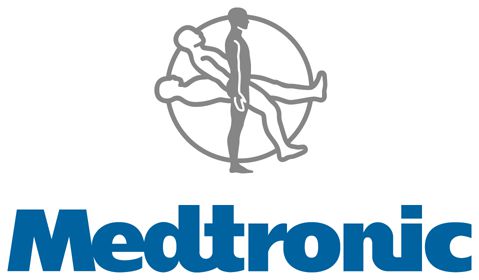
Medtronic PLC (NYSE:MDT) recently took the opportunity at the 2016 European Society of Cardiology (ESC) meeting in Rome to release 12-month follow-up results from a global clinical trial of its pacemaker called Micra.
The data from the long-term follow-up study was largely consistent with the earlier results from clinical trials of the miniature pacemaker.
Risk of complication
The follow-up study confirmed that risk of complications resulting from Medtronic’s Micra implant remains significantly low compared to conventional pacemakers. For instance, 96% of the evaluated patients didn’t experience any major complications during the 12 months they had the device in their bodies.
Besides Medtronic’s Micra not creating complications, it also reduces risk of complications associated with pacemaker implant. Compared with traditional pacemakers, Micra reduces the risk of major complications by nearly 50%. The risk of using the device is lower even if you narrow down to patient groups based on age and gender.
Risk of system revision
Medtronic’s Micra has also been shown to reduce the risk of patient hospitalization by 47% and risk of system revisions by 82%. System revisions are incidents where there is a need for device repositioning, replacement or extraction.
Battery performance
In the follow-up study, Medtronic reported that Micra battery achieved the projected average life of more than 12 years. That means that Micra, which is only a tenth the size of regular pacemakers, has battery longevity that is equal to conventional pacemaker systems.
Improving patient outcome
It turns out that Micra significantly reduces healthcare utilization in patients if you compare it with traditional pacemakers. As such, Micra is viewed by clinicians as a cost-effective therapy that helps to improve patient treatment outcomes.
Regulatory approvals
Medtronic’s Micra is the only leadless pacemaker that is approved for commercialization in both the U.S. and Europe. Preliminary results from a study of Micra were published in the New England Journal of Medicine in November 2015.
Repurchase of notes
Medtronic has embarked on a process of repurchasing notes issued by its 100% owned subsidiary called HeartWare. The notes targeted for purchase include those that are due in 2017 and 2021.




